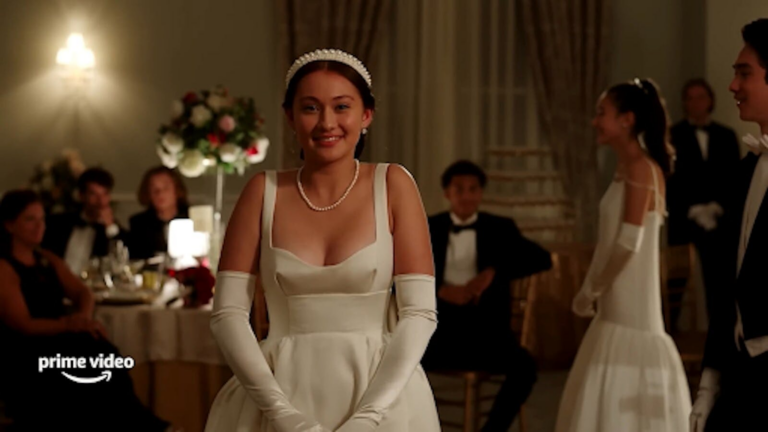When Amazon Prime Video compared a fan’s engagement ring to Belly’s from “The Summer I Turned Pretty,” the reaction was immediate and sharp. The fan had posted her engagement announcement — an image of a modest ring and a joyful caption. Hours later, Prime Video India’s official X account reposted it alongside a screenshot of Belly holding another modest ring (notably gifted to her by the brother she didn’t end up with), captioned: “Girl, is there any chance your fiancé looks like this?”
The backlash was almost instantaneous. The fan wrote publicly: “When a huge streaming platform puts out a mean-spirited tweet about one of the happiest moments of your life, inviting harassment in droves.” After this was reposted on Reddit and other social media platforms, users accused Prime Video of punching down, turning a private celebration into content. One Reddit user commented: “I have to say, I’ve never been a fan of company accounts behaving like stans on social media. It all started with Wendy’s account way back when, and now it’s completely derailed.” Another said: “There’s a line between cute-snark … and being a d—, and they sure did cross it.”
Context is important — in the show, Belly’s fiancé Jeremiah presents her with a notably tiny ring, a joke among fans primarily due to the character’s past infidelity and lesser financial status compared to his older brother. By referencing that ring and applying it to a real person, Prime Video invoked the fandom joke — but misapplied it. The result felt less like playful promotion and more like public humiliation.
This incident is not just a mistake. It reflects a deeper tension in modern brand marketing. For decades, traditional advertisements have often failed to resonate because they inherently carried a built-in distance from viewers. The polished, scripted and corporate nature of them served to remind viewers of one thing above all: These are billion-dollar corporations, and you are simply a cog in a machine, trying to make ends meet. Over the last decade, brands have learned to collapse that distance. How? For lack of a more eloquent way of putting it, by acting human. They crack jokes, participate in meme culture, adopt internet slang and engage in “banter” with other brands. What began as a clever pivot from the distant corporate voice has morphed into a broader strategy: become one of us, the consumer. But what does that even mean?
Duolingo is perhaps the earliest and most successful example of this. The language-learning app transformed its mascot Duo from helpful to unhinged. In its early years, Duo simply nudged users politely to practice their new language of choice. It was boring and forgettable. But, in the last few years, the brand has heavily leaned into absurdity. Duo began threatening users on Twitter, appearing in TikToks and posting chaotic videos that blurred the line of what we consider marketing. At one point, the mascot even staged its own funeral, complete with mourners, a casket and a caption reading “RIP DUO.” Engagement was high on these outlandish creations and the owl became a popular internet character.
Other companies have participated as well. Wendy’s reinvented its corporate account as a snarky, fast-talking commentator, roasting competitors and customers alike. British supermarket Marks & Spencer publicly sparred with ALDI over a trademark dispute about their caterpillar cakes, trading playful insults and memes. The public followed closely, engaging in the drama themselves. What once would have been handled quietly in legal filings became entertainment, and fueled internet conversation for days.
Prime’s misstep wasn’t simply a social media intern making a bad joke. It was a reminder of the gross power dynamic at play. A billion-dollar company mocked a stranger for likes, turning a moment that should be deeply joyful into public drama. The incident shows what this kind of “human” branding really is: A performance of intimacy that only works one way. Brands act like your mutuals, but the relationship is not truly mutual. You can laugh with them until, suddenly, they’re laughing at you.
The Prime Video tweet felt off, not only because it was needlessly cruel, but because it broke the illusion. No matter how “relatable” a brand seems, there is nothing human behind the screen — only strategy, timing and a burning desire for your money.
Brands need humanity, but only enough to sell it. The closer they get to us, the more they remind us of exactly what they are not.
Images are for reference only.Images and contents gathered automatic from google or 3rd party sources.All rights on the images and contents are with their legal original owners.

